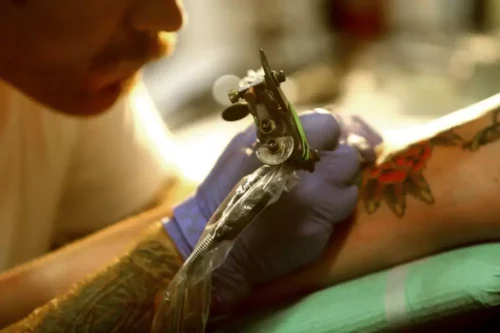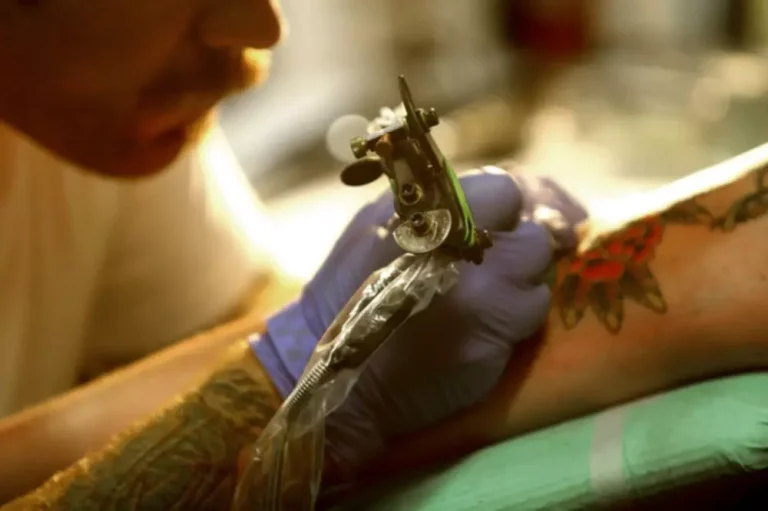Uncategorized
Building Healthy Relationships in Recovery

It offers a buffer against relapse and enables individuals to navigate challenges with poise and grace. Additionally, it can create an environment where the individual feels safe to express concerns, fears, or triggers without fear of judgment or misunderstanding. Ultimately, disclosing your recovery status to others is a very personal decision and the timing of it depends on a variety of factors. That being said, your most important priority needs to be protecting your recovery. This means taking care to not put yourself in situations where your recovery is likely to be at risk. Whether you’ve been in recovery previously or this is your first attempt, why should they believe you now?

Love in Recovery: How to Navigate Romantic Relationships Sober
That said, know that you can always lean on your support systems, whether that be sober friends, close family members, our experts at Recovery Care. Sober dating may not always be easy, but if you’re willing to take the time and put yourself and your sobriety first, you’re more likely to find a https://ecosoberhouse.com/ partner you can be truly happy with. This month is February, which means love is in the air (and Valentine’s chocolate is on sale). There are risks and rewards to having romantic relationships while in recovery, generally more risks.
signs you are ready for a relationship in addiction recovery

Treatment can give you the tools to make necessary changes, and support from positive relationships can augment those tools. Managing a breakup while maintaining sobriety requires emotional resilience and strategic self-care. Adopting healthy coping mechanisms, seeking support groups, and prioritizing personal well-being are essential to overcoming heartbreak without compromising your sober journey. Most people see how their relationships impact their quality of life, but sometimes this gets muddied when addiction is part of the picture.
Repairing Relationships After Substance Use Disorder
- This is the true meaning of self-love and will allow you to enter into a healthy, balanced relationship.
- Take the time to join other groups, whether sports or other activities.
- For instance, two people in recovery may be more likely to relapse together, or if just one relapses, may cause the other to, as well.
Just like our advice to stay single for a year, this might sound needlessly strict or limiting, but taking it slow allows you to recognize red flags in a potential partner. Recovery is certainly a personal journey, as is the quest to find someone with which to share your life. However, here are several avenues to help you locate other singles in recovery and/or those who understand and support this unique life experience. When you stay focused on these things, you make it much easier to avoid directing all your energy to starting a relationship.

You need to rebuild your life
- While this may be the case for some people in recovery, it’s not the case for everyone.
- Outdoor adventures, another viable option, allow for the natural beauty and exhilaration of fresh air to serve as the primary focus.
- This lasts for a few days up till a couple of weeks and can come with some pretty horrific symptoms.
- Valentine’s Day brings with it thoughts of love, but for those involved in romantic relationships in early recovery, such love can be a sobriety hazard.
At Discover Recovery, we encourage seeking support to navigate the challenges and build a strong foundation for a healthy relationship. Not all relationships are counterproductive in a recovery process; some relationships serve as a positive catalyst in the recovery process. They provide support, understanding, and a sense of belonging, which can improve one’s emotional well-being and resilience. It’s impossible, of course, to quantify love as a drug romantic relationships in recovery in the addiction-and-alcoholism-treatment sense of the word.

Instead, all of your energy and focus can be spent where it’s really needed, which is on overcoming addiction. Even if you could pursue a romantic relationship without sacrificing the effort you’ve been putting toward your recovery, it’s still not a good idea. After all, this would require you to stretch yourself extremely thin, putting additional stress on you that, in all likelihood, could even culminate in a relapse. If your romantic partner is the one seeking treatment, you might be wondering how you can help them. This is a major transitional period for your partner and for your relationship. It involves learning to cope with the reality of no longer using substances, and this carries with it intense physical, emotional, and psychological struggles.
- We believe that by providing our patients with the tools and knowledge to build healthy relationships, we’re supporting their long-term recovery and overall well-being.
- The process of recovery requires learning how to accept and go through the pain that life brings you.
- However, these challenges also present an opportunity for personal growth.



